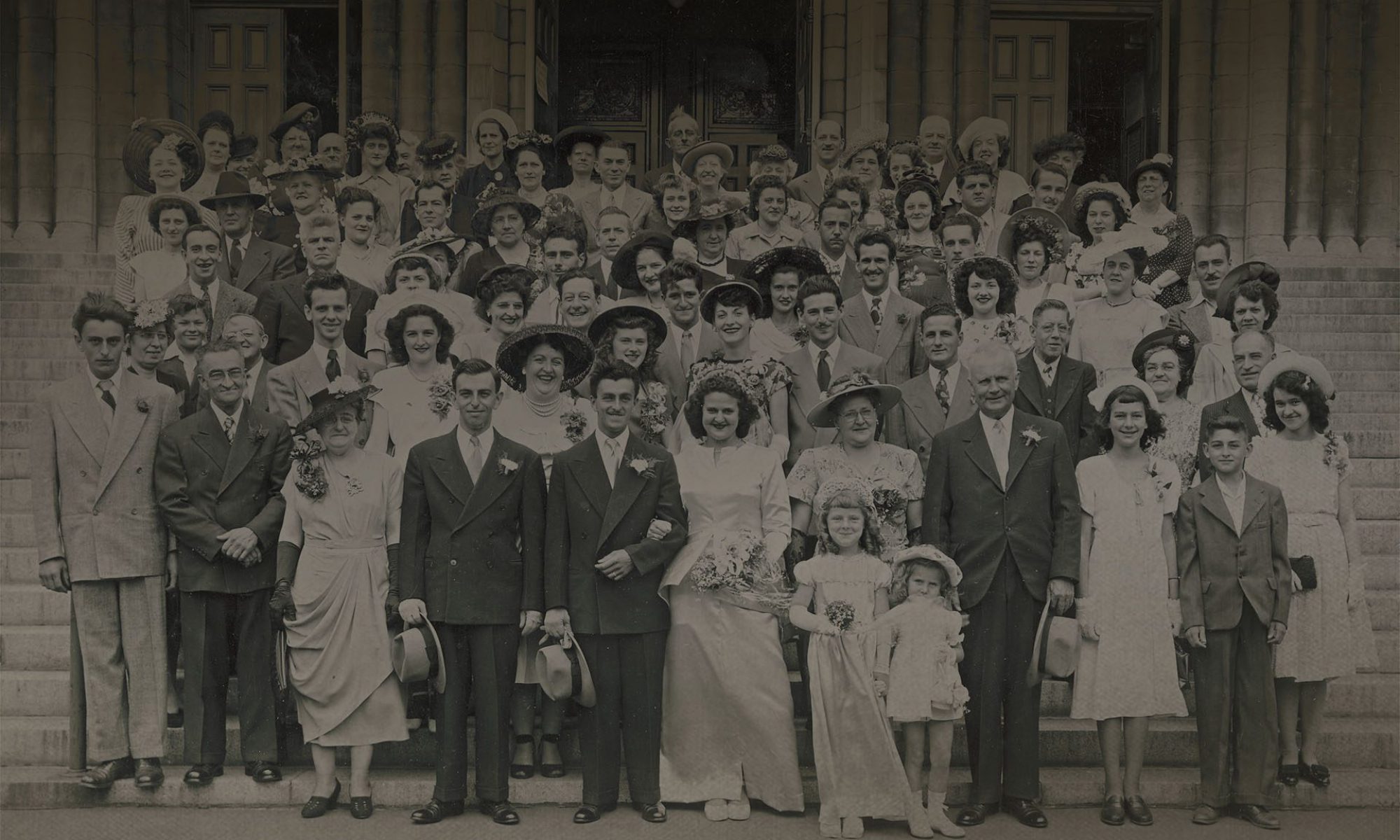This post is also available in: Français
Each human being is a link in a vast network that represents the past and present population of the planet. If we look back to study the origins of our ancestors, we move through this complex yet fascinating network, and we discover some very interesting historical tidbits along the way. For example, it’s possible to find out who was part of the founding families of Québec and the cities and villages established throughout the province. This research makes it possible to better understand why people settled in certain places and what roles they played in the economic and strategic development of the province.
The founding families who Came to New France
The first founding families in the history of Québec are those of the settlers who remained in New France following several attempts at colonization. During the initial voyages, the settlers had been systematically repatriated due to problems such as illness or a lack of preparation for the winter. It was finally around 1608 that the founding families came to settle here permanently.
The most famous of these families is that of Louis Hébert, who settled with his wife and children in 1617. They decided to settle in Québec only a few years after this city was founded by Samuel de Champlain. Louis Hébert and his family became firmly rooted in the region, taking their crucial role as some of the first permanent inhabitants of New France seriously. In 1626, they were even entrusted with the Saint-Joseph seigneurie.
The First Villages in Québec and Their Founding Families
Other families followed, thanks to the efforts of Robert Giffard and the Company of One Hundred Associates, among others. Giffard, himself the founder of the city of Beauport, returned to France several times to convince families to follow him to the new colony. Only a few agreed, but they decided to stay, then settled in New France and contributed to the growing population.
As the number of families increased, the exploration of the land continued, along with the creation of new seigneuries. Other parishes emerged, populated and organized by the founding families. Québec City and its surroundings developed little by little, and other sectors, such as Trois-Rivières and Montréal, also welcomed new families and were officially founded in 1634 and 1642, respectively.
Discovering Our Ancestors: Better Understanding the Role of the Founding Families
During genealogical research, it’s not uncommon to learn that certain family branches were formed during the creation of a new city or village. Since one of the goals of colonization was to populate the territory, families had the advantage of obtaining land to farm and coming together with other neighbours to form a community, which was also often based on links to the church.
Many cities and municipalities in Québec still celebrate their founding families. For example, as part of the 375th anniversary of Sorel-Tracy, a big party was organized to pay tribute to these pioneering families whose names still adorn many public places in the city. Other places, such as Repentigny, make it a point of honour during the annual city festivals to commemorate those people who came to live in the New World, with all the work and ambition that that implies.
Studying the founding families allows us to better understand the evolution and history of the province of Québec, as well as that of these many municipalities. In everyday life, it’s often the toponymy of the cities that reminds us of this, forcing us to remember. Genealogical research, as well as that done with the historical societies of the regions and municipalities in the province, help us learn more about these people and the reasons that made them settle here.


